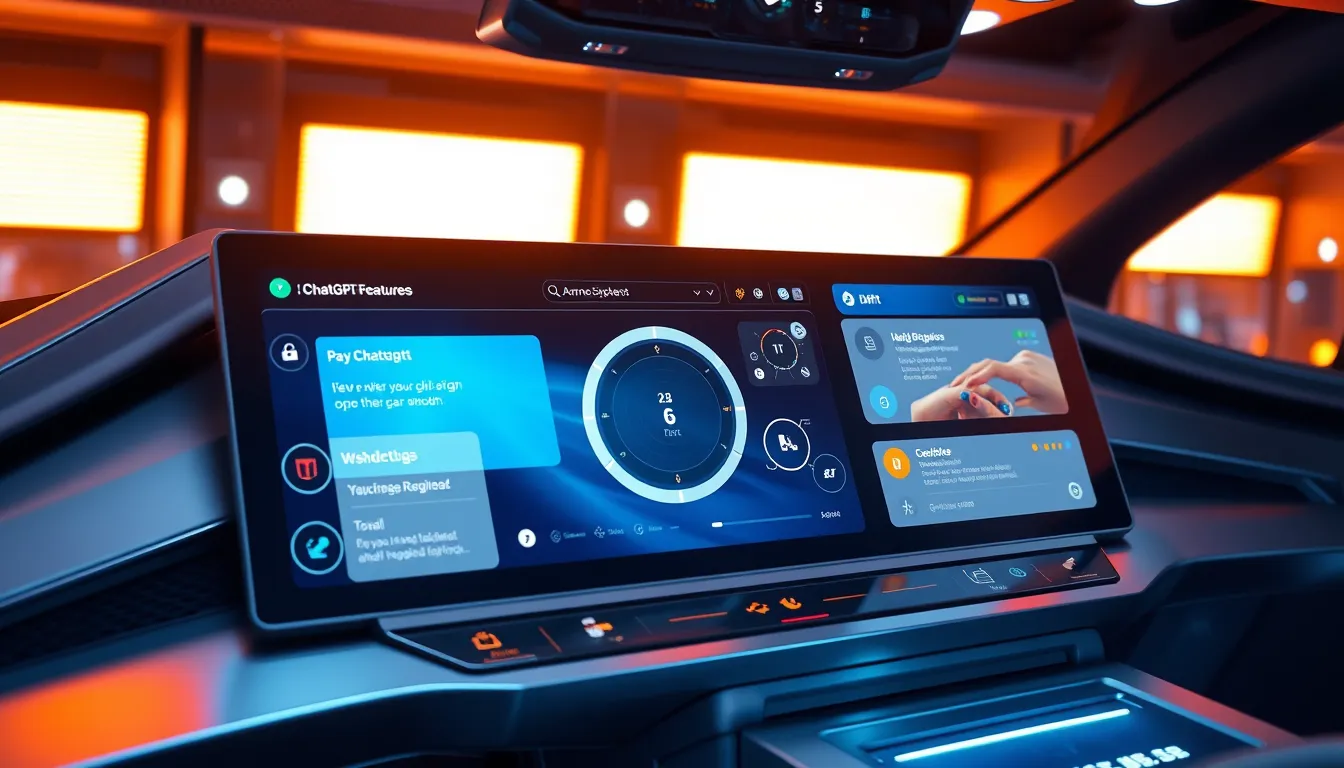Now Reading: Cognitive Migration: Redefining the Future of Work
-
01
Cognitive Migration: Redefining the Future of Work
Cognitive Migration: Redefining the Future of Work

Cognitive Migration: Redefining the Future of Work
In today’s transformative era, the concept of cognitive migration is reshaping industries and redefining the future of work. As artificial intelligence (AI) integration becomes increasingly prevalent, the dialogue around cognitive migration has become essential. This article explores how cognitive migration drives not only technological evolution but also a profound rethinking of human purpose and creativity in an AI-driven society.
The Emergence of Cognitive Migration and AI Integration
Cognitive migration refers to the shift in how tasks and decision-making processes are evolving in tandem with advancing AI capabilities. With AI integration penetrating various sectors—from healthcare to logistics—the need for human oversight and ethical design has never been more urgent. Companies are now blending machine intelligence with human creativity to ensure that technology enhances rather than replaces the human element. This transformation is evident in many business models that balance the rapid efficiency of algorithms with insightful human intervention.
Key factors driving this evolution include:
- The rise of machine intelligence paired with human oversight
- Integration of AI in everyday business operations
- Shifting job roles that emphasize ethical AI and human-centered design
Balancing AI Efficiency with Human Purpose
One of the most critical aspects of this digital revolution is balancing AI efficiency with human purpose. Organizations are learning that while AI can handle large-scale data processing and routine tasks with unmatched speed, it is the human element that introduces nuance, empathy, and ethical judgment into decision-making. Balancing these two components creates an environment where technology and human skills coexist harmoniously. As companies invest in AI transformation, they must also focus on how cognitive migration redefines work by preserving a sense of purpose and creativity.
For instance, case studies across industries reveal that when businesses integrate cognitive migration strategies, they often witness:
- Enhanced problem-solving capabilities through collaborative efforts
- Improved decision-making where human insight guides ethical AI use
- A shift in job roles towards innovation and strategic functions
The Future of Work Through a Human-Centered Lens
The future of work is not just about increased productivity but also about redefining roles in a human-centered manner. Cognitive migration challenges traditional notions of work by encouraging a symbiotic relationship between AI systems and human workers. Rather than viewing AI as a replacement for human workers, forward-thinking organizations are leveraging AI as a tool to amplify human creativity and strategic thinking.
Some of the emerging trends include:
- Redefining job responsibilities to focus on creative problem-solving
- Using AI tools to enhance decision-making and operational efficiency
- Fostering a workplace culture that values ethical considerations and human oversight
By incorporating AI integration into everyday operations, companies are not only streamlining processes but are also paving the way for more meaningful work. This approach emphasizes the importance of human-centered AI design, ensuring that technological advancements contribute positively to society.
Ethical Considerations and Human Oversight in AI Transformation
Amid the rapid progress in AI and cognitive migration, ethical considerations remain paramount. The integration of ethical AI is crucial to safeguarding human values in an increasingly digitized world. A prominent challenge is ensuring that the benefits of AI-driven efficiency do not compromise human creativity, empathy, or ethical decision-making. As industries move forward, the role of human oversight becomes critical in mitigating risks associated with algorithmic biases and unintended consequences.
Leading organizations and experts stress the importance of:
- Implementing robust ethical guidelines for AI use
- Maintaining transparency in algorithmic decision-making
- Balancing AI-generated insights with human emotional intelligence
External resources, such as the Partnership on AI (https://www.partnershiponai.org) and OpenAI (https://openai.com), offer in-depth perspectives on maintaining ethical standards while integrating advanced machine intelligence. By following these guidelines, companies can ensure that cognitive migration works as a driver for positive change and fosters trust in AI systems.
How Cognitive Migration Redefines Work and Inspires Innovation
Understanding how cognitive migration redefines work requires a closer look at the shifts in organizational practices. Traditional roles are evolving as routine tasks become automated, allowing human workers to focus on higher-level functions. This migration creates opportunities for innovation and strategic growth across industries.
In practice, the following areas have seen significant transformation:
- Job Role Evolution: As AI takes over repetitive tasks, workers are redeployed to roles that demand creativity, critical thinking, and emotional intelligence.
- Skill Enhancement: There is a growing emphasis on lifelong learning and reskilling initiatives to ensure that employees can work effectively with AI systems.
- Collaborative Environments: Organizations are fostering work cultures where human insight and machine precision jointly contribute to successful outcomes.
The integration of cognitive migration into traditional workspaces not only enhances operational efficiency but also drives a renewed focus on human values and ethical considerations. This balance allows businesses to harness the full potential of AI integration while preserving essential human qualities.
Conclusion – Embracing a Balanced Future
In conclusion, cognitive migration is far more than a technological trend—it is a fundamental shift in how we view work, purpose, and innovation. By harmonizing AI integration with human oversight and ethical considerations, organizations can unlock unprecedented opportunities for growth and creativity. The future of work is poised to be one where technology serves as an enabler of human ingenuity, ensuring that the digital revolution benefits all sectors of society.
Adopting cognitive migration effectively means embracing both the promise of machine efficiency and the irreplaceable value of human insight. As we continue to navigate this transformative journey, stakeholders from every sector are encouraged to invest in human-centered AI strategies that promote sustainable, ethical, and innovative practices. Ultimately, the successful integration of cognitive migration will redefine work as a collaborative, balanced, and truly forward-thinking endeavor.

























